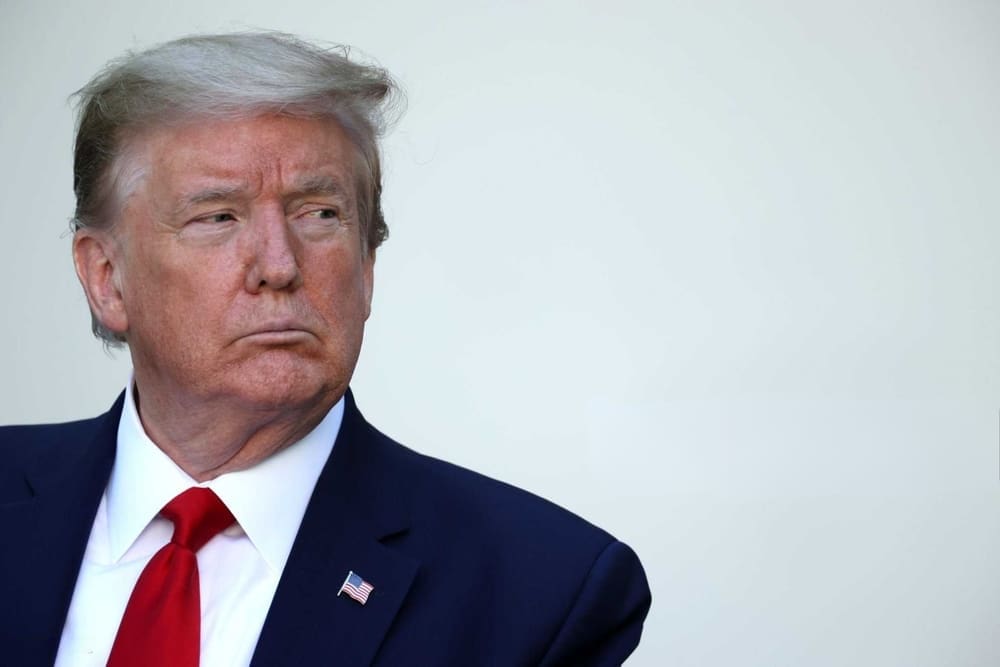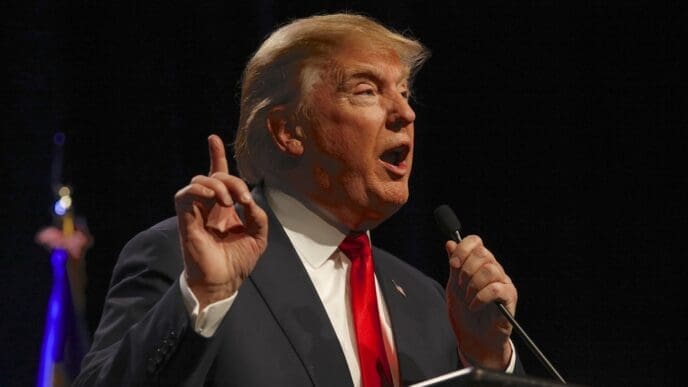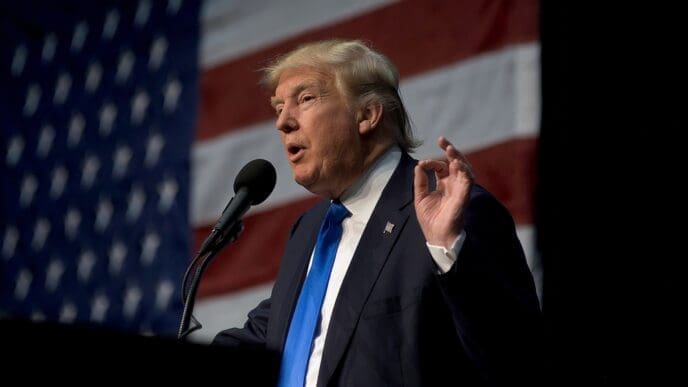A recent executive order issued by President Donald Trump aims to bolster energy production in the United States by potentially challenging state climate change laws. This directive, signed on Tuesday, aligns with the increasing demand for electricity driven by the growth of artificial intelligence and cloud computing, as well as federal initiatives to enhance high-tech manufacturing. Concurrently, several states are advancing “climate superfund” legislation, designed to address climate change by reducing greenhouse gas emissions from fossil fuels.
The order declares a “national energy emergency” and instructs the attorney general to scrutinize state regulations that may exceed their legal authority in energy development governance. The president emphasized the threat posed to American energy dominance by state and local governments regulating energy beyond their constitutional boundaries. The directive specifically targets state laws focused on climate change, posing a challenge to policies in more liberal states.
Legal experts suggest that the federal government may seek to join existing lawsuits where courts determine if states or cities overstep their authority by holding the fossil fuel industry accountable for climate-related damages. Meanwhile, Democratic governors remain committed to combating climate change, with several leaders, including California’s Governor Gavin Newsom, criticizing the executive order as a setback to environmental progress.
States such as Vermont and New York are currently defending their climate superfund laws, which follow the model of federal superfund legislation. These state laws compel significant fossil fuel companies to contribute to funds based on historical greenhouse gas emissions. More states, including New Jersey, Massachusetts, Oregon, and California, are considering similar measures. The American Petroleum Institute has welcomed Trump’s order, seeing it as a means to protect American energy interests from legislative overreach.
Court battles have already commenced, with the American Petroleum Institute and the U.S. Chamber of Commerce suing Vermont, while New York faces a lawsuit backed by multiple Republican-led states. Organizations opposing fossil fuels have vowed to resist the order, accusing the government of aligning with corporate interests.
Additionally, the Department of Justice may choose to support fossil fuel industries in ongoing lawsuits brought by cities and states seeking reparations for climate-related damages. Recently, the U.S. Supreme Court declined to intervene in several climate lawsuits, including those initiated by Honolulu and other jurisdictions.
The executive order has sparked debate across state capitals, including Pennsylvania, where the governor is defending a regulation requiring power plant owners to pay for greenhouse gas emissions. Concerns have been raised about the potential for the Justice Department to challenge various state environmental laws under this order.
The Bottom Line
- The executive order could lead to federal intervention in state climate policies, impacting state authority and environmental regulation.
- States pursuing climate superfund laws may face increased legal challenges, potentially affecting their environmental initiatives and policy-making.
- The directive may influence energy prices and availability, as legal battles could disrupt energy production and distribution.
- Communities relying on state-enforced environmental protections might experience changes in policy effectiveness and enforcement.
- The legal landscape for fossil fuel accountability could shift, affecting lawsuits seeking damages for climate-related impacts.













